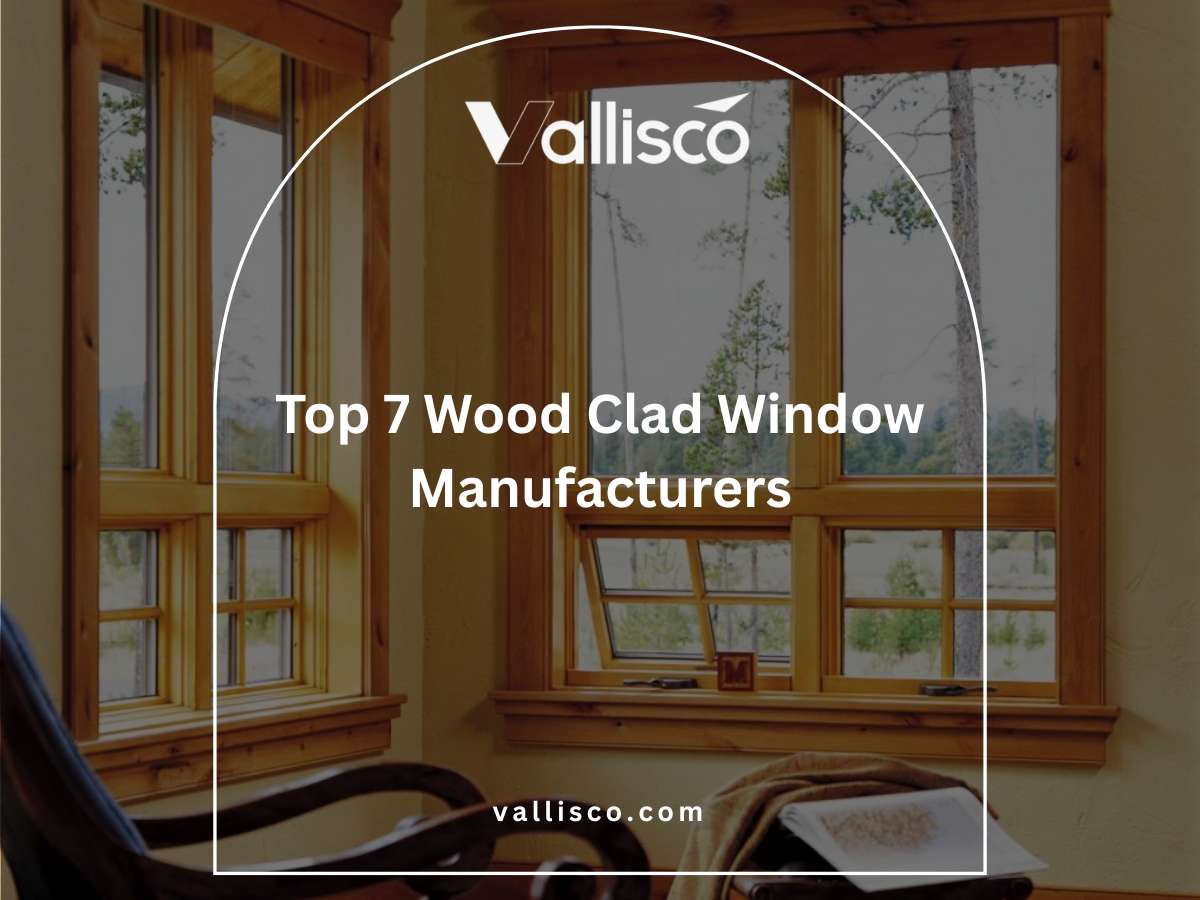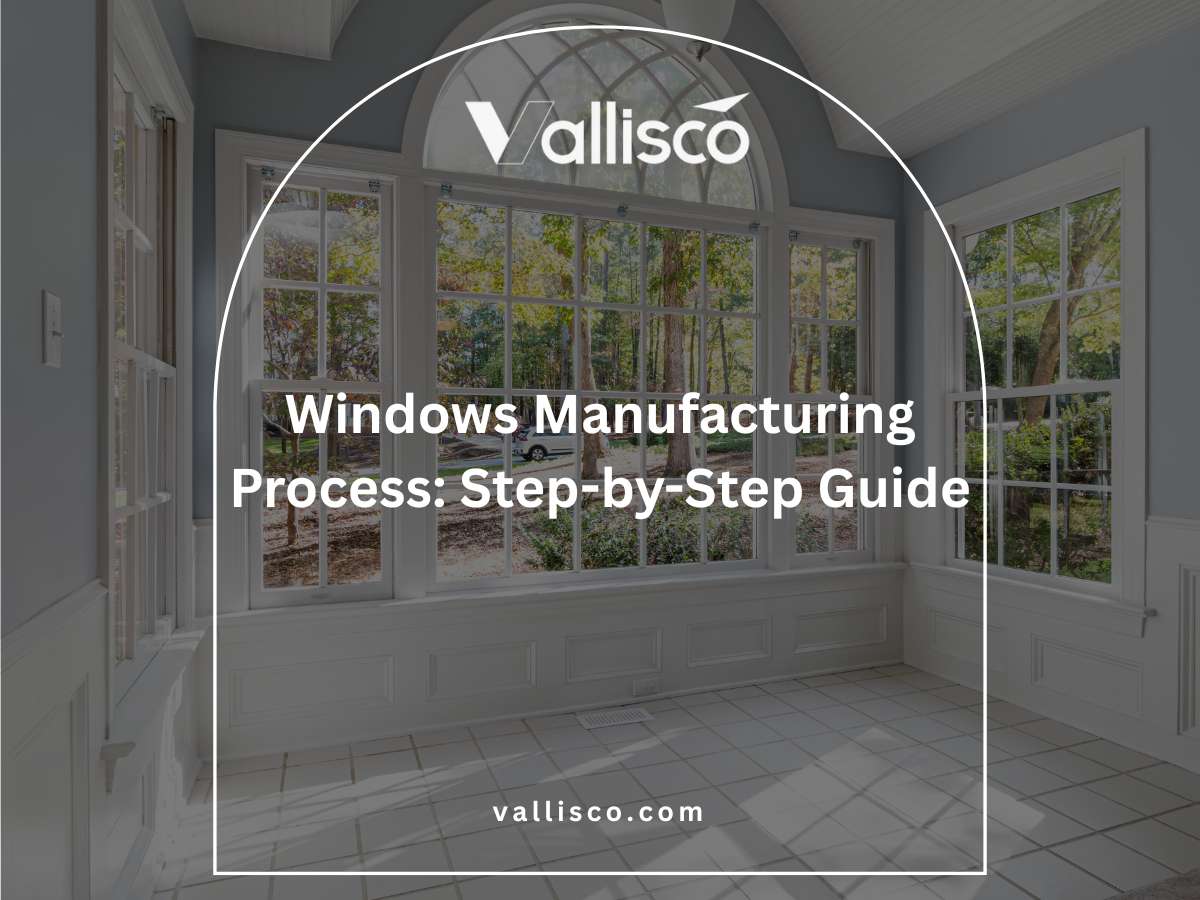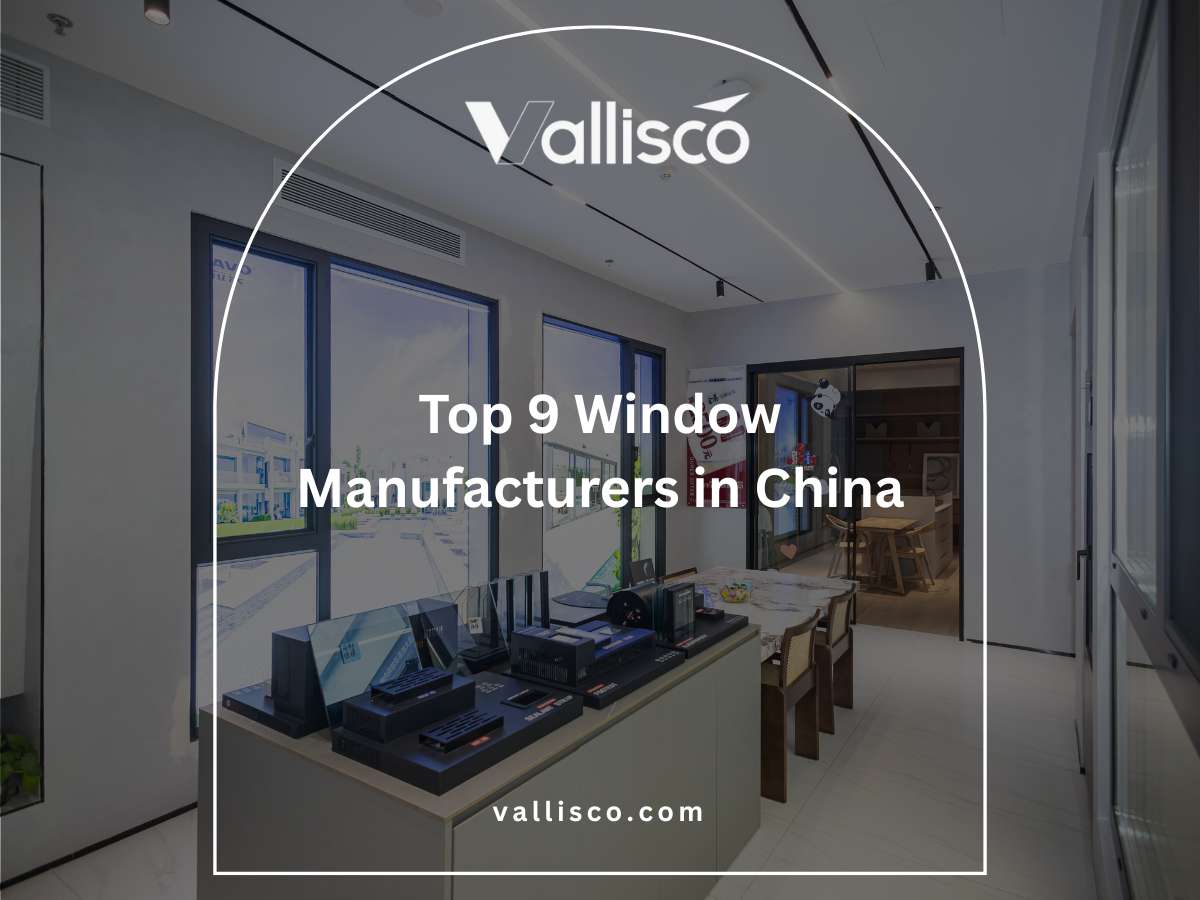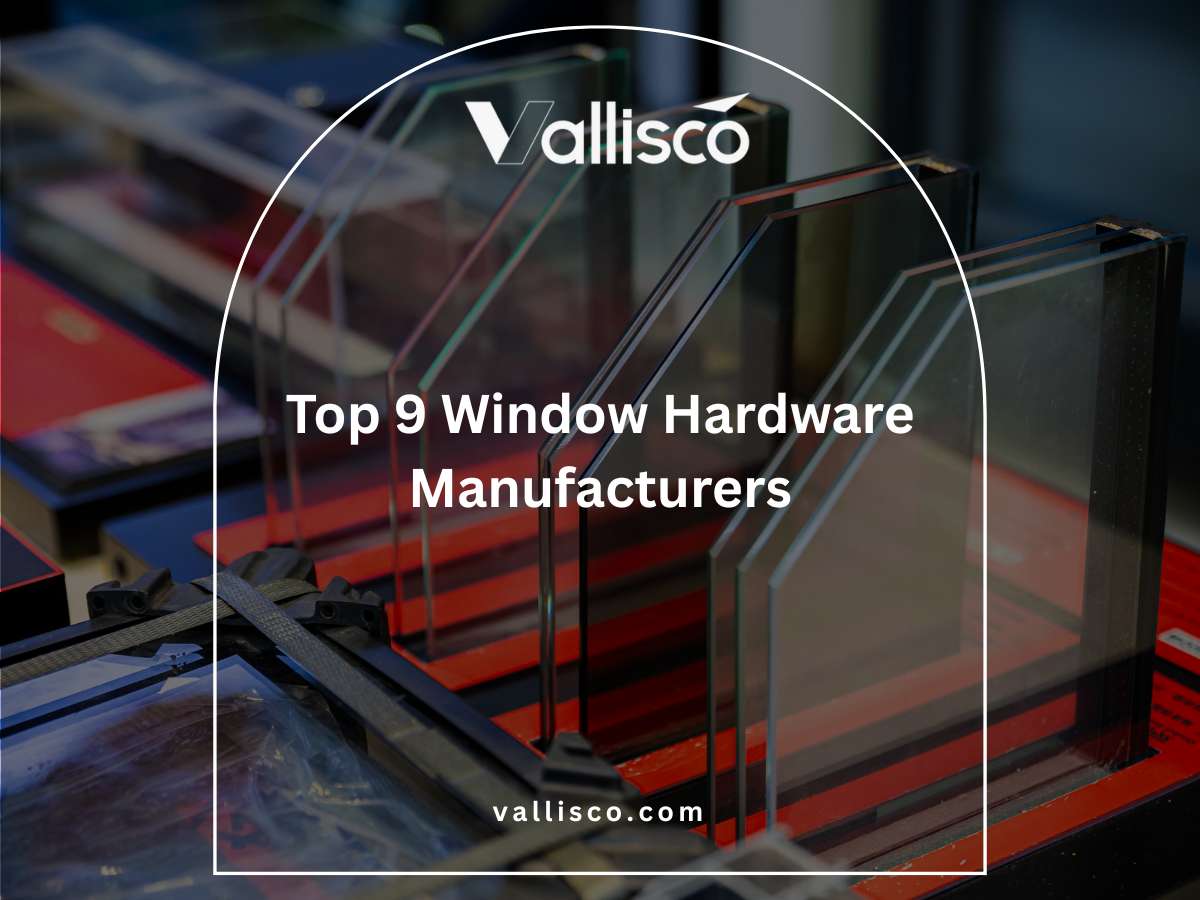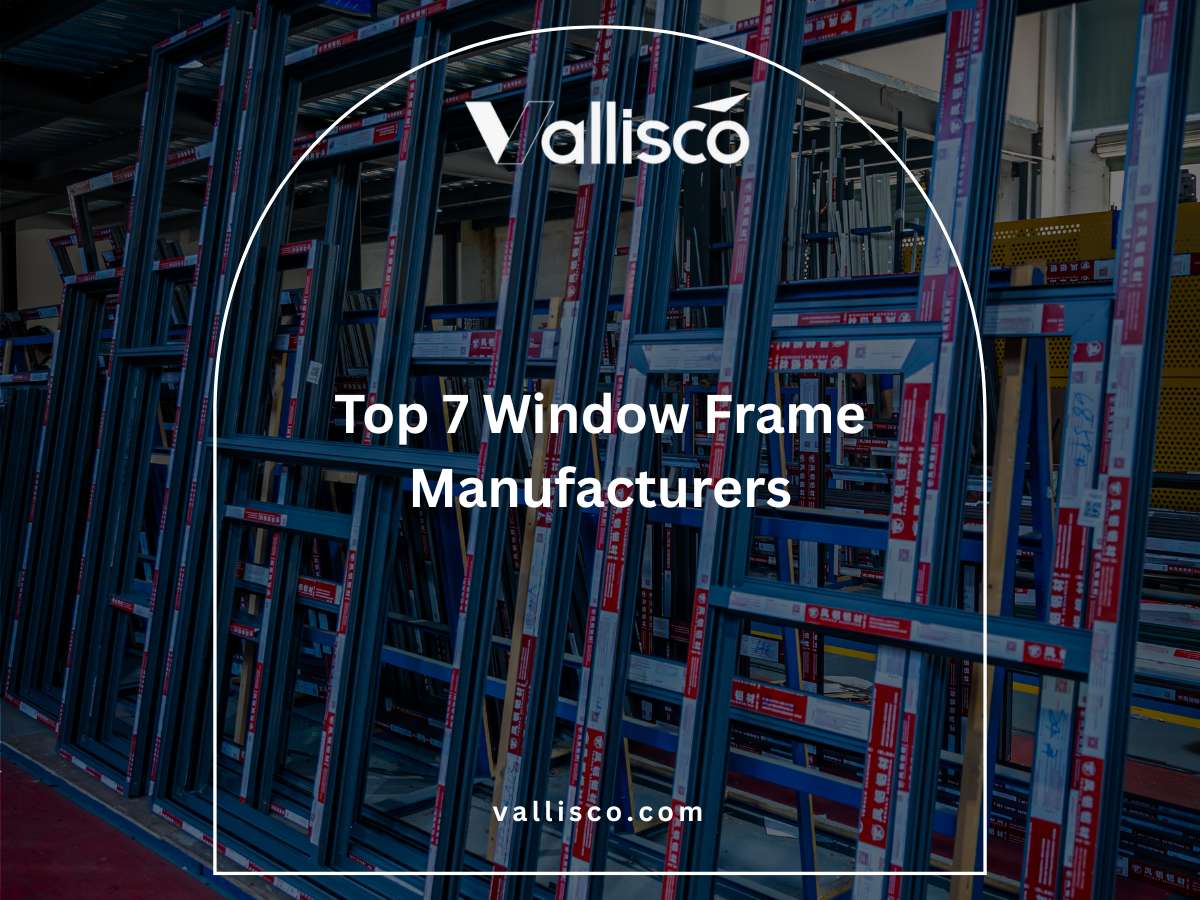When I was managing upgrades for a villa, choosing impact windows seemed straightforward. But once the bids rolled in, I realized there were major differences in quality, certification, and installation promises.
That experience taught me that not all commercial impact windows are created equal.
Since then, I’ve helped project teams and owners sort through suppliers and standards. I know where mistakes happen and how to avoid costly missteps.
This guide will give you the essentials price ranges, safety certifications, energy benefits, and installation concerns. You’ll walk away with the clarity you need before signing a contract.
Because protecting a building is about more than glass and frames it’s about trust.
So let’s begin!
1. What Are Commercial Impact Windows?
Impact windows may look like standard glass at first, but once you understand how they’re built, the difference is clear. They use laminated glass with two panes and a plastic interlayer that keeps the window intact when hit. Instead of breaking into pieces like regular windows, they stay together. That strength matters when you’re thinking about storms, security, and compliance.
You’ll often see them in villas, hotels, inns, B&Bs, and even greenhouses. From my experience, many owners choose them not just for safety but also for peace of mind. The price is higher than standard glass, but when you compare the risks, the value is easy to see.
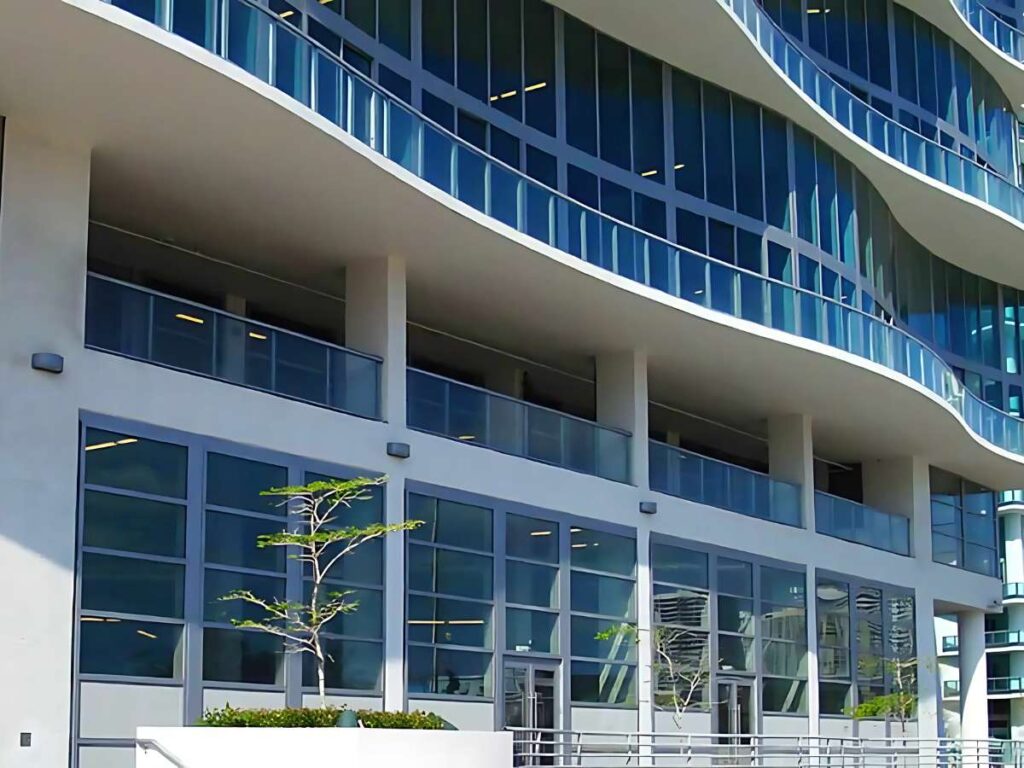
2. Benefits of Commercial Impact Windows
When I first looked into impact windows, I thought they were just another upgrade. But after seeing the difference in safety and comfort on real projects, I realized they offer much more. From protecting buildings during storms to lowering energy bills, their benefits are both practical and long-term.
Safety & Protection
Impact windows are built for strength. They withstand storms and hurricanes, making them essential for coastal properties. I once watched a regular window shatter during testing, while an impact window stayed solid. That moment showed me their true value. Companies like Vallisco supply these windows for villas, hotels, and greenhouses where safety and durability are a top priority.
Energy Efficiency
These windows do more than protect against storms. They reduce heat gain in summer and keep warmth inside in winter, which lowers energy costs. I noticed the difference in an inn where furniture stopped fading after installation. By blocking UV rays, impact windows protect interiors and save money on constant replacements while keeping buildings more comfortable year-round.
Comfort & Noise Reduction
Noise reduction may not be the first benefit you think of, but it is real. I stayed at a B&B with impact windows, and the quiet was striking compared to others nearby. The laminated glass softens outside sounds, which is a big plus for hotels, inns, or B&Bs where peace matters most to guests.
Property Value & Insurance Savings
Adding impact windows can raise property value because buyers see them as both safe and practical. I have also seen insurance providers lower rates for properties with storm-rated windows. That means you not only protect the building but also save money in the long term. For owners, it is an investment that brings both security and financial rewards.
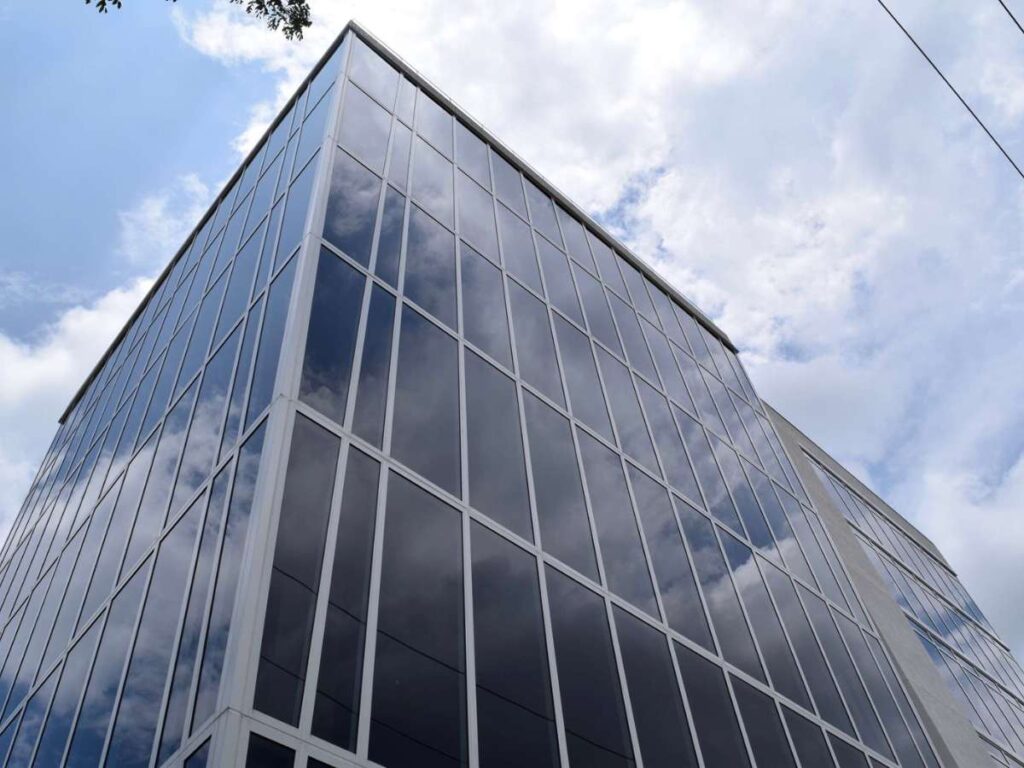
3. Types of Commercial Impact Windows
When I first started reviewing impact windows for a hotel project, I didn’t realize how many options existed. Choosing the right type depends on your building, budget, and even design goals. Some frames focus on strength, while others improve energy savings or style. Window styles also matter, since each works best in a specific setting.
| Type | Features | Best Suited For | Ideal Not For |
| Aluminum Frames | Strong, long-lasting, reliable under extreme weather | Hotels on the coast or commercial buildings needing durability | Properties where energy savings are the top priority |
| Vinyl Frames | Energy efficient, low maintenance, resistant to moisture | Villas, B&Bs, and homes needing better insulation | Buildings exposed to extreme storms where maximum strength is required |
| Wood-Clad Frames | Attractive appearance, combines strength with style | Villas, boutique hotels, or inns with design focus | Large commercial projects where cost and upkeep are more critical than aesthetics |
| Fixed Windows | Do not open, strongest against impact | Hotel lobbies, stairwells, or large commercial spaces | Spaces where natural ventilation is needed |
| Casement Windows | Hinged design, open wide for airflow | Villas, inns, and guest houses | High-rise hotels where outward openings may be limited |
| Sliding Windows | Move horizontally, save space, easy operation | Small guest rooms, greenhouses, or compact areas | Properties in very high-wind regions where sealing strength is critical |
| Storefront/Glass Walls | Large glass panels, maximize natural light and views | Resorts, hotels, or greenhouses | Projects on tight budgets since installation costs are higher |
Villas and inns often benefit from wood-clad or casement styles, while hotels lean on aluminum frames and fixed glass for strength. Greenhouses and small spaces work best with sliding windows. Each property has different needs, so the best choice depends on whether strength, energy savings, or style matters most.
4. Key Features to Look For
When I was part of a renovation project for a boutique hotel, the owner kept asking one question: how do we know we are buying the right impact windows? The truth is that not all windows perform the same. Some look good on paper but fail when it matters. Knowing the key features will help you avoid costly mistakes and get real value.
- Glass Quality and Thickness: Impact windows use laminated glass, which has multiple layers and a plastic interlayer that holds shards together. For commercial buildings, thicker glass offers stronger protection. I have seen thin panels pass inspections but later struggle under heavy storms.
- Frame Strength and Material: Aluminum frames are strong and durable, vinyl offers energy efficiency, and hybrids combine both benefits. In coastal areas, anti-corrosion coatings make a difference in lifespan. For hotels or greenhouses with large openings, structural strength is non-negotiable.
- Energy Efficiency Ratings: Look for Low-E coatings that reflect heat and glazing filled with gas for insulation. Labels like Energy Star and NFRC give reliable information. In one villa project, energy bills dropped noticeably after switching to windows with better ratings.
- Security and Locking Systems: Multi-point locks add security compared to single latches. Strong hardware matters in villas and hotels where safety is a priority. Some modern windows even connect with smart-lock systems for convenience.
- Noise Reduction Capabilities: Windows are rated by Sound Transmission Class (STC). A higher rating means better sound control. Hotels and inns near highways benefit most from laminated or double-glass windows. Guests notice the difference right away.
- UV Protection Levels: Special coatings block harmful rays that fade fabrics and wood. This is especially useful for villas with sunrooms and greenhouses with delicate plants.
- Design and Customization Options: Frame colors, specialty shapes, and architectural designs help match the look of your property. Panoramic glass walls are popular in resorts and boutique hotels.
- Warranty and After-Sales Support: Check how long coverage lasts for glass, frames, and hardware. Local service and clear replacement policies can save you stress later.
Closing on this point, choosing a supplier like Vallisco that pays attention to these features can make the difference between a smooth investment and years of frustration. It is better to focus on quality now than to deal with problems later.
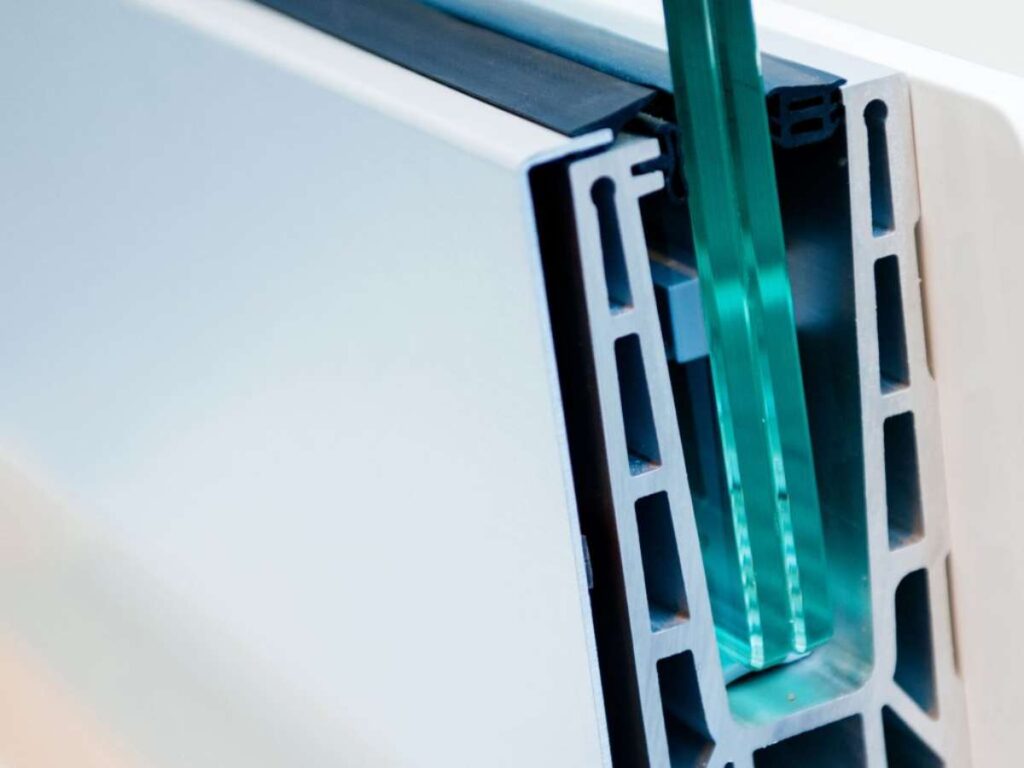
5. Building Code & Certification Requirements
Commercial impact windows must meet strict codes and certifications before installation. These rules protect people and property from storms, debris, and other risks. Without them, you risk failed inspections and costly delays.
Regional Standards
- Hurricane Zones: Properties in Florida and other coastal areas face stricter requirements. Windows must be rated to handle flying debris and strong winds, so the stakes are higher.
- Local Municipal Codes: Even if a window meets state standards, local rules can be tougher. Villas and hotels may pass state-level approval but fail locally because of overlooked details. Checking with your city or county saves headaches later.
Certification Labels to Check
- ASTM Ratings: This stands for the American Society for Testing and Materials. Their tests confirm whether a window can resist impacts from debris.
- Miami-Dade or Florida Building Code: These are among the toughest approvals in the United States. A window with this certification is trusted in hotels, resorts, and commercial spaces near the coast.
- NFRC Labels: The National Fenestration Rating Council provides energy ratings. Their labels show how well the glass reduces heat transfer, which helps with long-term energy savings.
From my own experience, the best advice is simple. Never rely only on a supplier’s words. Always ask for the actual certificates before you sign. It is far easier to confirm compliance upfront than to face a failed inspection later.
6. Maintenance and Longevity Tips
Buying the right impact windows is only half the job. The way they are installed and cared for will decide how long they last and how well they perform. I have seen beautiful windows lose their value because no one paid attention to simple upkeep. With a little planning, you can avoid that mistake and keep your investment working for years.
Cleaning Practices
- Mild Soap and Water: Always clean glass with a soft cloth, mild soap, and water. This method is safe and keeps the laminated surface clear.
- Avoid Abrasive Cleaners: Harsh chemicals or rough sponges can scratch the glass and damage coatings. I once visited a villa where bleach-based products left cloudy stains that could not be removed.
Frame & Hardware Care
- Lubricate Locks and Hinges: Locks, hinges, and handles need occasional lubrication. This keeps movement smooth and prevents hardware from sticking. Hotels with high guest turnover often see problems here if it is neglected.
- Inspect Seals for Wear: Seals are the rubber or foam strips around the frame that keep air and water out. Over time, they can crack or loosen. I recommend checking them twice a year, especially in coastal areas where salt air causes faster wear.
Professional Inspections
Large properties like hotels, resorts, or commercial buildings should schedule yearly professional inspections. Contractors can spot small issues before they become serious. In one hotel project, a loose frame seal was caught early, preventing water damage that would have cost thousands.
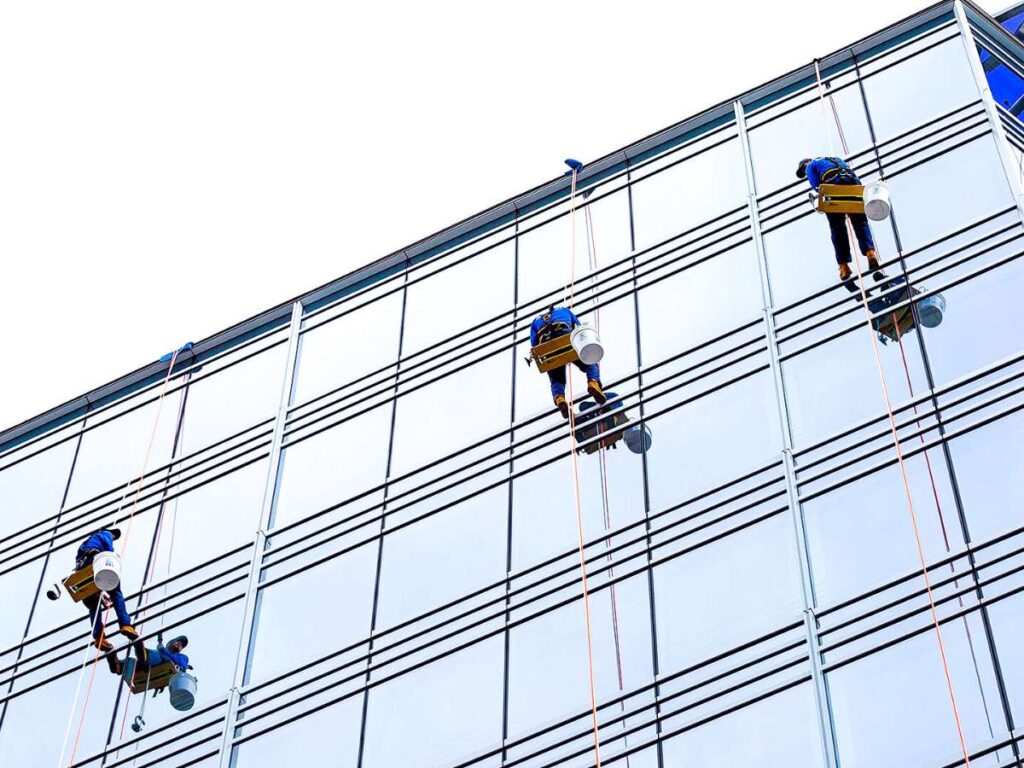
7. Common Pitfalls to Avoid
Impact windows can be a major investment, but many owners and project teams make mistakes that cost far more in the long run. These issues usually come from rushing decisions or overlooking key details. Understanding what to avoid will help you protect both your property and your budget.
Choosing Price Alone
The cheapest option often comes with hidden problems. Low-cost windows may use thinner glass, weaker frames, or hardware that wears out quickly. I once saw a hotel project cut costs by choosing a budget supplier, only to replace every window two years later after repeated failures. Paying more upfront usually saves money over time.
Ignoring Building Codes
Building codes exist to protect lives and property, yet they are sometimes ignored. If your windows are not certified, you risk failed inspections, fines, or even being forced to replace them. I worked on a villa where non-certified glass delayed the opening for months. Checking that certifications match your local codes avoids this costly mistake.
Poor Installation
Even the strongest impact window will fail if it is installed incorrectly. Gaps or weak seals allow air and water to enter, defeating the purpose of the upgrade. Hiring experienced installers is essential. I once watched a greenhouse project fail because the contractor had no background in impact systems, and the owner ended up with constant leaks.
Warranty & After-Sales Service
A strong warranty should cover glass, frames, and hardware for several years, but it is often overlooked. Service support also matters, especially for large properties like hotels. I have seen suppliers disappear after installation, leaving owners without help for repairs. Asking about warranty terms and local support before signing a contract prevents bigger issues later.
8. Final Checklist Before Buying
By the time you are ready to order commercial impact windows, the choices can feel overwhelming. I have seen owners rush the last steps, only to regret it later when problems showed up during installation or inspection. A final checklist helps you slow down and confirm that nothing important has been overlooked.
Verify Certifications
Confirm that the windows carry the right certifications, such as ASTM for impact resistance, Miami-Dade or Florida Building Code for storm performance, and NFRC for energy efficiency. Never take verbal promises as proof. Always ask for documented certificates before signing a contract.
Match Style to Property Needs
Different properties have different priorities. Villas and houses often benefit from casements or sliding windows that bring in fresh air. Hotels and inns should focus on noise-reducing options that are easy to maintain. Greenhouses work best with fixed or large panels that allow maximum light.
Frame Materials and Finishes
Aluminum frames provide durability and strength, vinyl offers better insulation, and wood-clad frames add a classic look. For coastal properties, pay close attention to corrosion resistance. Salt air can damage untreated materials faster than you expect.
Warranty & Service
Clarify how long the warranty covers glass, frames, and hardware. Service support is equally important. I have seen suppliers who sell and disappear, leaving owners with no repair help. Choose a supplier who offers local after-sales support.
Conclusion
When I first sat through that villa project, I never guessed how much impact windows could change the outcome. Now you know what they are, where they work best, and how to buy them wisely.
The when is now. The why is safety, comfort, and long-term savings. The how is using this checklist and avoiding common mistakes.
So, are you ready to take the next step for your property? Or will you wait until another storm reminds you?
Contact Vallisco today and let’s talk about the right impact windows for your project.
Explore Related Resources
Want to see more? We’ve gathered additional product choices to give you even more variety:
Still haven’t found what you’re looking for? Don’t hesitate to contact us. We’re available around the clock to assist you.


